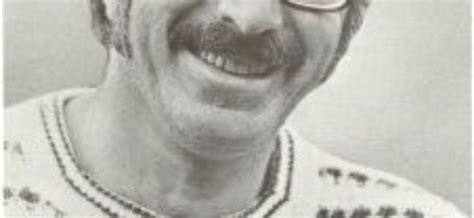A Quote by Evgeny Morozov
The goal of privacy is not to protect some stable self from erosion but to create boundaries where this self can emerge, mutate, and stabilize.
Related Quotes
Dysfunctions can occur in each of the self-regulatory subfunctions-in how personal experiences are self-monitored and cognitively processed, in the evaluative self-standards that are adopted, and in the evaluative self-reactions to one's own behavior.. Problems at any one of these points can create self-dissatisfactions and dejection. dysfunctions in all aspects of the self system are most apt to produce the most chronic self-disparagement and despondency
Man is not merely the sum of his masks. Behind the shifting face of personality is a hard nugget of self, a genetic gift.... The self is malleable but elastic, snapping back to its original shape like a rubber band. Mental illness is no myth, as some have claimed. It is a disturbance in our sense of possession of a stable inner self that survives its personae.






































